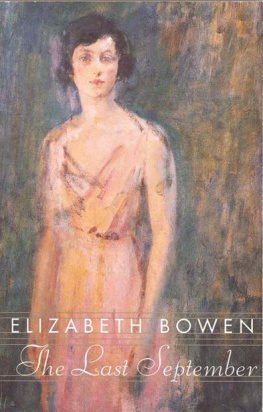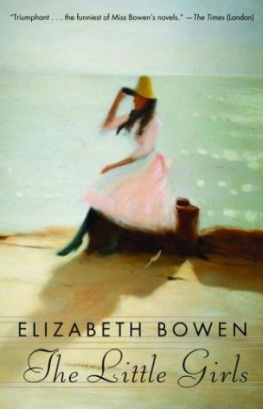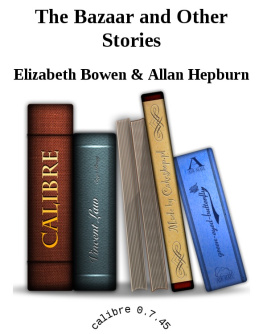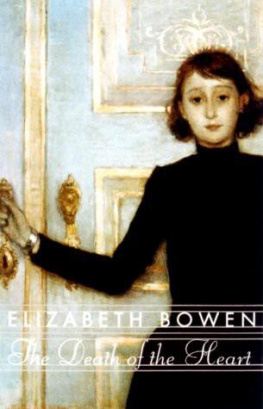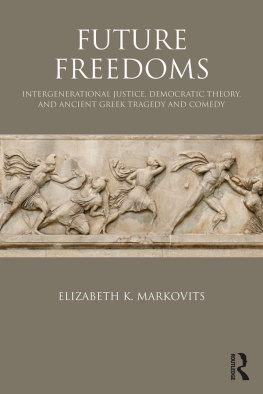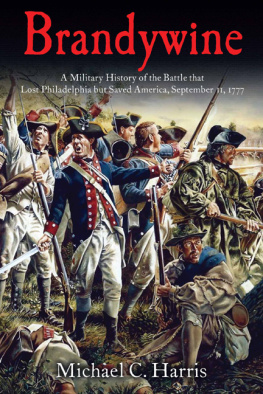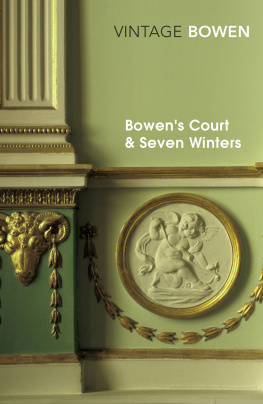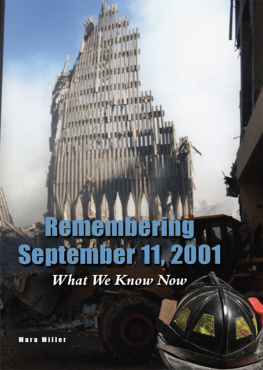Elizabeth Bowen
THE LAST SEPTEMBER
Ils ont les chagrins quont les vierges et les paresseux.
LE TEMPS RETROUVE
Part One
The Arrival of Mr. and Mrs. Montmorency
CHAPTER ONE
ABOUT six oclock the sound of a motor, collected out of the wide country and narrowed under the trees of the avenue, brought the household out in excitement on to the steps. Up among the beeches, a thin iron gate twanged; the car slid out of a net of shadows down the slope to the house. Behind the flashing windscreen Mr. and Mrs. Montmorency producedarms waving and a wild escape to the wind of her mauve motor veilan agitation of greeting. They were long-promised visitors. They exclaimed, Sir Richard and Lady Naylor exclaimed and signalled: no one spoke yet. It was a moment of happiness, of perfection.
In those days, girls wore crisp white skirts and transparent blouses clotted with white flowers; ribbons threaded through with a view to appearance, appeared over the shoulders. So that Lois stood at the top of the steps looking cool and fresh; she knew how fresh she must look, like other young girls, and clasping her elbows tightly behind her back tried hard to conceal her embarrassment. The dogs came pattering out from the hall and stood beside her; above, the large fagade of the house stared coldly over its mounting lawns. She wished she could freeze the moment and keep it always. But as the car approached, as it stopped, she stooped down and patted one of the dogs.
As the car drew up the Montmorencys unwound from their rugs. They stood shaking hands and laughing in the yellow theatrical sunshine. They had motored over from Carlow. Two toppling waves of excitement had crashed and mingled; for moments, everybody was inaudible. Mrs. Montmorency looked up the steps. And this is the niece! she exclaimed with delight. Arent we dusty! she added, as Lois said nothing. Arent we too terribly dusty! And a tired look came down at the back of her eyes at the thought of how dusty she was.
Shes left school now, said Sir Richard proudly.
I dont think I should have known you, said Mr. Montmorency, who had not seen Lois since she was ten and evidently preferred children.
Oh, I think shes the image of Laura
But we have tea waiting! Are you really sure, now, youve had tea?
Danielstowns looking lovely, lovely. One sees more from the upper avenuedidnt you clear some trees?
The wind had three of the ashes You came quite safe? No trouble? Nobody at the crossroads? Nobody stopped you?
And are you sure now about tea? continued Lady Naylor. After all thatlook, its coming up now. No, Francie, dont be ridiculous: come in now, both of you.
They swept in; their exclamations, constricted suddenly, filling the hall. There was so much to say after twelve years; they all seemed powerless. Lois hesitated, went in after them and, as nobody noticed, came out again. The car with the luggage turned and went round to the back, deeply scoring the gravel. She yawned and looked out over the sweep to the lawn beyond, where little tufts of shadow pricked like reeds from water out of the flat gold light. Beyond the sunk fence six Kerry cows followed each other across with wading step and stood under a lime tree. All the way up the house the windows were open; light came diagonally from window to window through corner rooms. Two storeys up, she could have heard a curtain rustle, but the mansion piled itself up in silence over the Montmorencys voices.
She yawned with reaction. It was simply the Montmorencys who had come; whom, all day, one had been expecting. Yet she had been unable to read, had scattered unfinished letters over her table, done the flowers atrociously. Sweet peas had spun and trembled between her fingers from their very importance I apologise for the mauve sweet peas, she would have liked to be able to say to Mrs. Montmorency. I dont care for mauve myself. I cant think why I ever picked them; there were plenty of others. But, as a matter of fact, I was nervous. And Nervous? she would wish Mr. Montmorency to ask her searchingly, Why? But she had her reserves, even in imagination; she would never tell him.
But she had seen at once that Mr. Montmorency, who must be really so subtle, would not take the trouble to understand her.
Her cousin Laurence had gone upstairs with a book when he heard the motor. Now she could hear him knocking out his pipe on a window sill. He leaned out further and asked pointing down, in a cautious whisper: Are they all in?
She signalled a warning, nodding.
What are you doing? he said.
I dont know. What are you doing?
Nothing particular.
I thought Id take the dogs down the beech walk.
Why?
Oh, I just thought
Come up and tell me about the Montmorencys.
She signalled another warning: the Montmorencys were in the hall. To avoid the hall she had to go round to a side door and up the backstairs. These smelt of scrubbed wood, limewash, and the ducks already roasting for the Montmorencys dinner. Pushing open a door at the top she let a gust of this through with her.
Duck, said Laurence, sniffing gratefully. It still surprised her that Laurence, who looked ethereal, should spend so much time when he was not being intellectual in talking and apparently in thinking about food. She supposed that this was because he had, as he had once said, no emotional life. I live, he used to say, from meal to meal. When she said, Why? he put up his hands and his eyebrows and made a gesture. When he did this in front of Gerald she felt uncomfortable. Soldiers did not talk about food, they ate it. They ate, in fact, rather more than Laurence, but always with a deprecating, absent look.

